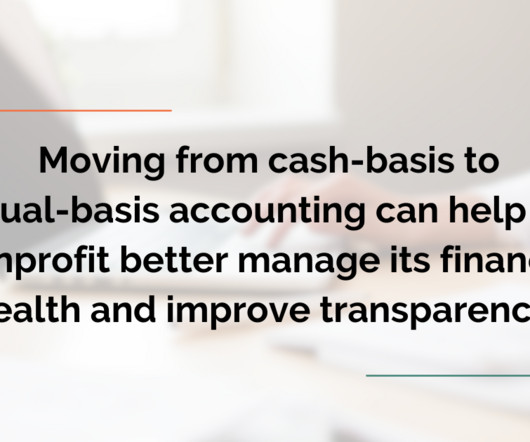Are Your Compliance Processes Keeping Up with Evolving Audit Requirements?
Bramasol
MAY 13, 2024
Key responsibilities of the PCAOB include: Setting Standards: The PCAOB establishes and enforces auditing, attestation, quality control, and ethics standards for registered public accounting firms. Enforcement: The PCAOB has the authority to discipline accounting firms and individuals for violations of PCAOB rules and securities laws.













Let's personalize your content